NITORI is a retail tycoon of home supplies in Japan and is the third biggest most valuable retailer in Japan.
Up to the fiscal year of 2018, NITORI realized the double growth of both sales volume and profit for 31 consecutive years.
NITORI has had 31 stores in Taiwan, China from its first store opened in 2007 to February 1, 2019.
China is deemed as its strategic core market in the global expansion process of NITORI. It formally entered the Chinese market in 2014.
However, NITORI seems not popular in the Chinese market. Compared with its rivals, including IKEA and MUJI, which also comes from Japan, there is a gap between them in both the profit size and brand reputation.
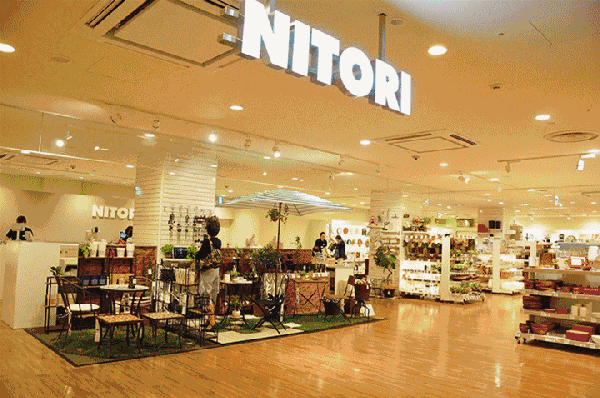
NITORI brings the tag of "low price and high quality" to the Chinese market, provides the low-price products and comprehensive decoration plan of home supplies that are widely recognized by local consumers, and develops customers' demands according to the regional characteristics. The staff of NITORI China once expressed in the interview that in NITORI stores in China, around 60% of the products were independently designed according to the demands of Chinese consumers.
In October 2014, the first store of NITORI in China was opened in Wuhan, Hubei. It later opened more than ten stores in Wuhan and surrounding area.
NITORI expands the store branches to the inland cities with small competition but significant development, so as to attract the middle class consumers.
NITORI plans to open 100 stores in the Chinese market before 2022. Up to February 1, 2019, it opened 37 stores in the mainland of China.
However, NITORI has been not popular in five years in China. What's the problem?
First of all, it lacks brand reputation in the Chinese market
Although NITORI is very famous in Japan, yet not many Chinese consumers know about the brand.
Second, the brand lacks characteristics
In terms of brand building, NITORI does not find the effective approach of talking with Chinese consumers yet.
On the one hand, it lacks the unified "expression language" in appearance. Compared with the Northern Europe style of IKEA and the Japanese "normcore" style of MUJI, NITORI seems more like a variety store that sells low-price products, which fails to leave deep impressions to consumers.
On the other hand, it lacks the output of lifestyle. NITORI has not found the way of setting up deep connections between its product characteristics and the home supplies lifestyle of Chinese consumers yet.
Third, low price cannot be the magic weapon in China
The Chinese market does not lack the home supplies with low price or "high cost performance". Actually, as a big country of furniture manufacturing industry, the abundant cheap product resources in the local market of China, the popularization of e-commerce and developed logistics transportation system enable the consumers to get these resources very conveniently.
In the trend of consumption upgrade in China, price is no longer the first element that consumers consider about. They pay attention to the material, style, design and lifestyle conveyed by the products; they do not merely emphasize the simple low price.
Therefore, the way of pure low price fails in the Chinese market.
(Source: JJgle.com)










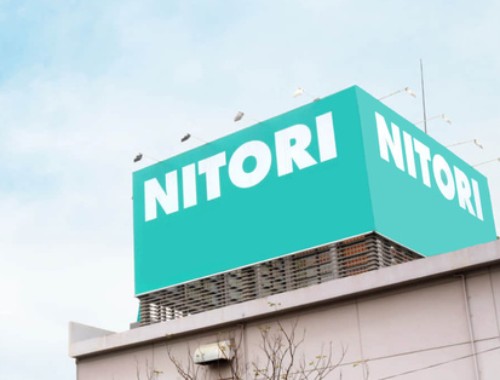
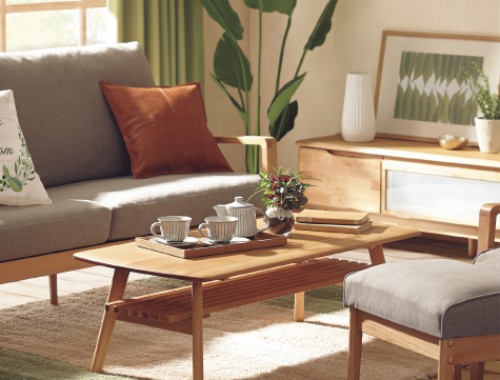
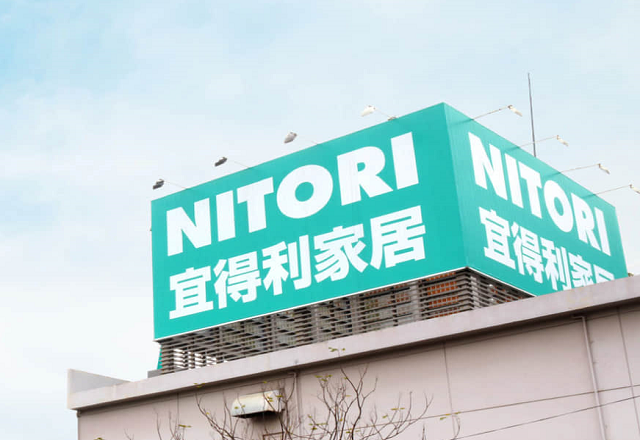
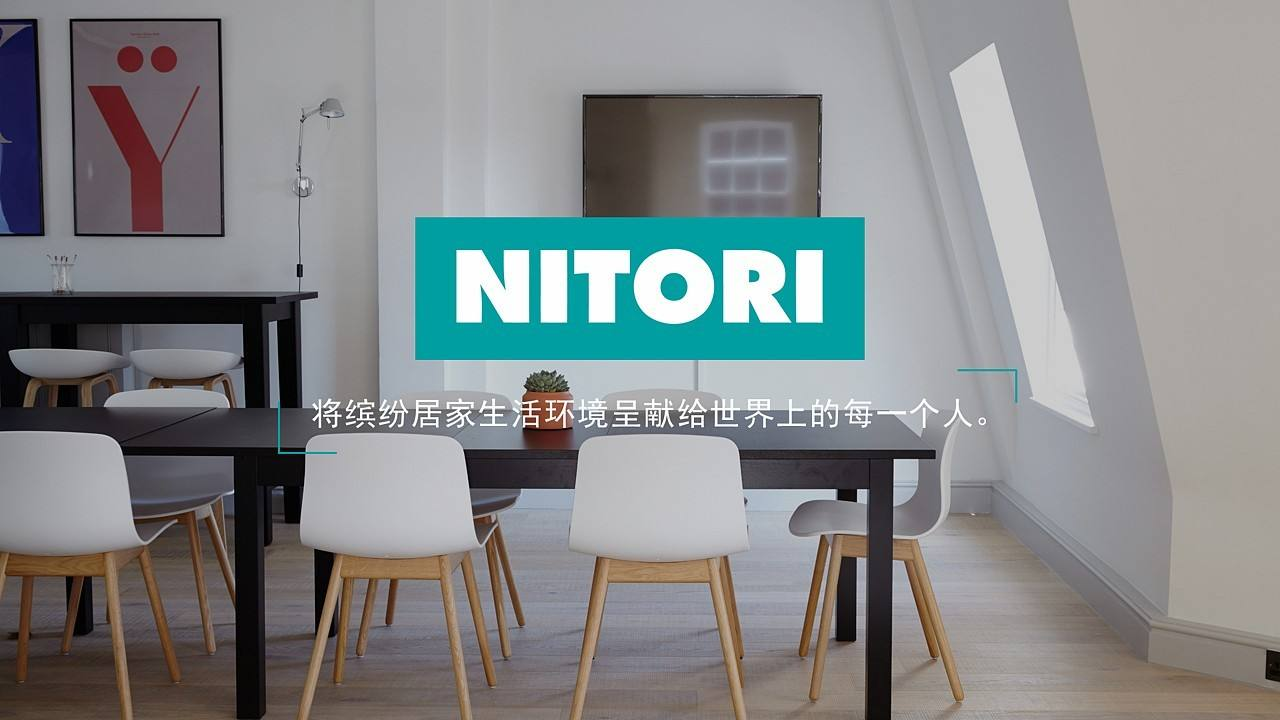













 沪公网安备31010402003309号
沪公网安备31010402003309号